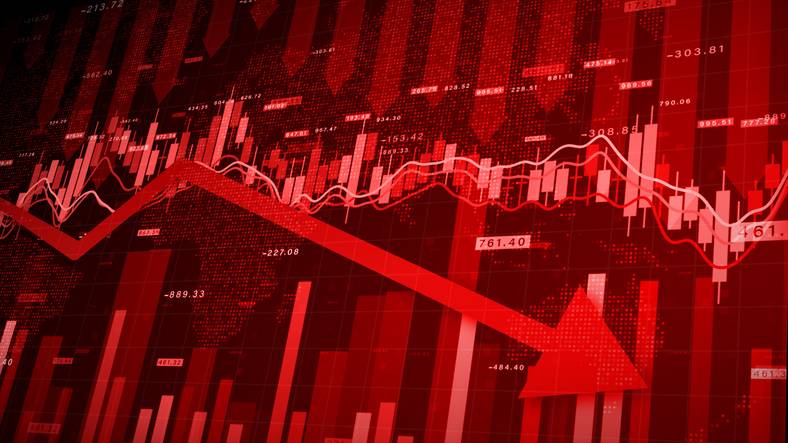In the second quarter of 2023, China’s GDP growth fell to 0.4% year over year, falling short of forecasts of 1% growth. Since the start of the COVID-19 pandemic in the first quarter of 2020, this is the slowest rate of growth.
The ongoing trade spat with the United States, a slowdown in investment, and a drop in consumer spending are just a few causes of the slowdown. The Chinese government is attempting to stimulate economy by lowering lending rates and expanding infrastructure spending, among other measures. Whether these steps will be sufficient to stop a further recession in the Chinese economy is still up in the air.
Given that China has the second-largest economy in the world, the slowdown in its economic growth is quite concerning for the global economy. For the Chinese government, which is under increasing pressure to achieve economic development, the slowdown presents a difficulty. Although the Chinese government has set a 5.5% GDP growth target for 2023, it is presently thought that this goal is unlikely to be realized.
A complex problem, the slowdown in China’s economic growth has no quick fixes. To solve the issues facing the economy, the Chinese government will need to adopt a comprehensive strategy. Combinations of policies, including interest rate reductions, higher infrastructure spending, and social security system reform, are probably required to achieve this.
How long the slowdown in China’s economic development will persist cannot yet be predicted. But it is evident that the Chinese administration is dealing with a variety of difficulties. If the government wishes to save the economy from experiencing a protracted period of stagnation, it must move swiftly to solve these issues.
What you need to know:
- The ongoing trade conflict with the United States, a slowdown in investment, and a decline in consumer spending are all contributing factors to China’s GDP growth slowing to 0.4% year-over-year in the second quarter of 2023, which is the lowest rate of growth since the first quarter of 2020.
- The Chinese government is taking measures to try to boost growth, such as cutting interest rates and increasing infrastructure spending.
- The slowdown in China’s economic development is a big issue for the global economy, but it is unclear whether these steps will be sufficient to stop a further recession in the Chinese economy.
- To solve the issues affecting the economy, the Chinese government must act swiftly.
The US stock market is likely to suffer as a result of China’s economic slowdown. Since China is a significant trading partner of the US, a slowdown in Chinese economy may result in less of a need for US goods and services. This might have an impact on company profits and stock prices.
The downturn in China may also result in a reduction in global economic expansion. As a result of investors becoming less willing to take on risk in a weakening global economy, this might also damage the US stock market.
On the US stock market, though, the impact of China’s downturn is probably not very significant. The economy of China is still expanding, albeit more slowly.
Additionally, the US economy is still rather robust. As a result, the US stock market is probably going to stay volatile in the short term, but it probably won’t experience a significant drop as a result of China’s slowdown.
The following are some specific ways that the US stock market may be impacted by China’s economic slowdown:
- A decline in the demand for US products and services. Chinese customers are likely to purchase less US goods and services if China’s economy weakens. Lower sales and profits for US businesses could result from this, which could have an impact on stock values.
- Slowing global economic expansion. The US stock market could suffer if China’s slump results in a slowdown in global economic growth. In a slowing global economy, investors are less likely to take on risk, which could result in lower stock values.
- A rise in volatility. The US stock market may become more volatile as a result of China’s recession. This is because stock prices could experience abrupt changes as a result of investors’ increased skepticism about the direction of the world economy.





